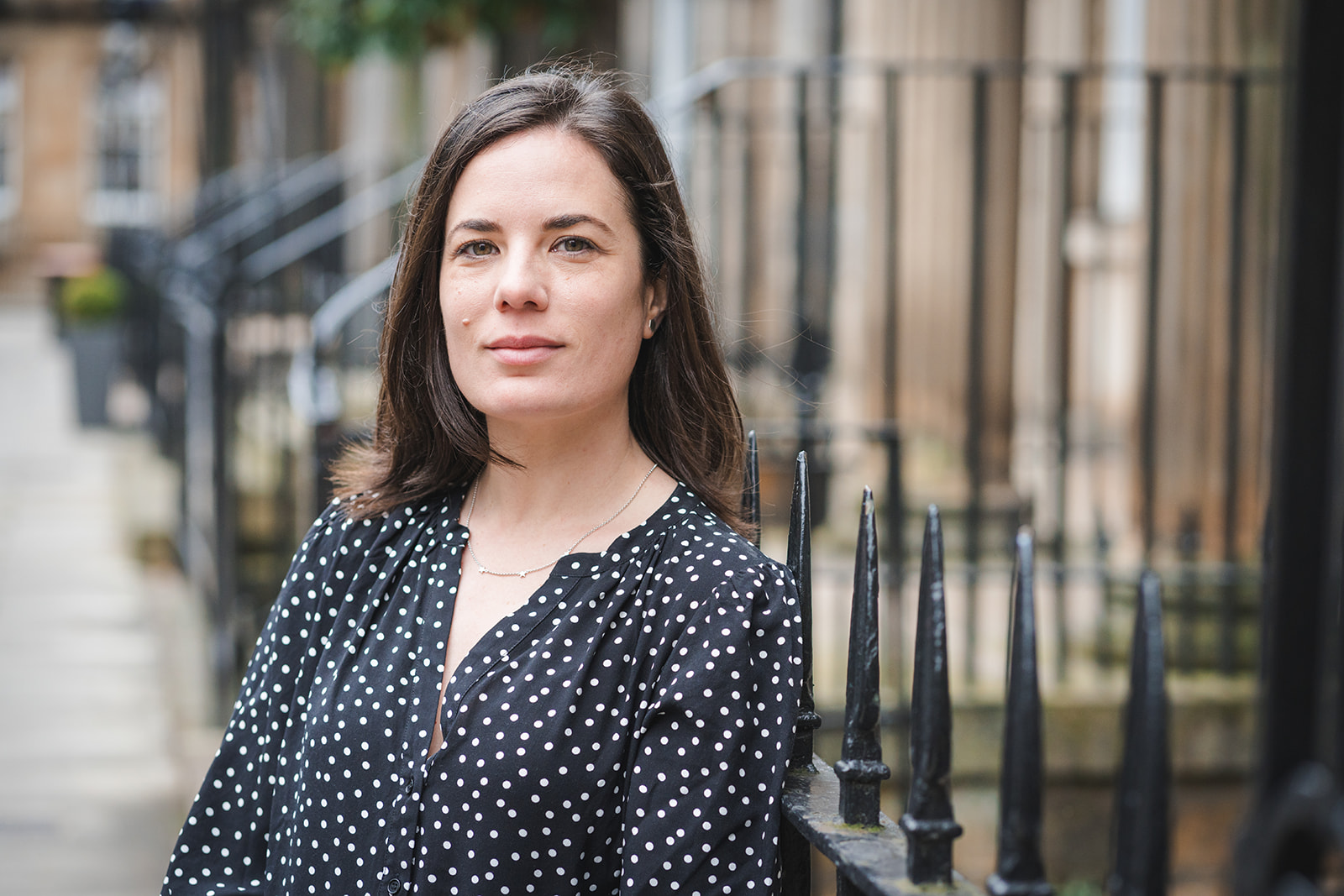Last updated on 13/05/24
You can, but you will not. At least not from ICR Translations.
I work under a ‘no document, no quotation’ policy. This is because, without seeing the actual document, I cannot check everything I need to check to be able to quote appropriately.
To prepare a quotation, I need to check
- the exact volume of work;
- that nothing is missing (e.g. legalisation, if applicable);
- any tricky formatting elements (e.g. tables);
- whether there is specific terminology outside my usual fields of work; and
- legibility.
What if the document is a standard certificate?
You may think that, if I translate the same type of document you need on a regular basis, I should know what to charge without having to see your document. I do, and I have standard rates applicable to standard documents. However, I need to see your document first to confirm whether it falls under the ‘standard’ category. If there are tricky elements requiring more time and work, additional charges will be applied.
For example, while all UK full death certificates may look the same (provided they are the same version), certain things complicate what may otherwise be a straightforward and short project:
- The names of traditional professions which no longer exist require extra time doing research and finding a translation solution.
- Unusual causes of death also require extra time doing research and finding a translation solution.
- Registrars’ handwriting is sometimes incredibly difficult to read and requires spending time analysing the text looking for patterns giving clues as to what is written there. An example would be finding out that the Registrar writes their ‘R’ in a certain way. That could be key to deciphering a word which will, in turn, help decipher other words containing ‘R’.
My ‘no document, no quotation’ policy also applies to samples or unfinished documents. A document which ‘is ready but needs certification’ may or may not be similar once certified. Maybe only a stamp and a signature are added. Or maybe a full-page certification by a Notary Public. But, in any case, only quoting the final version will ensure the quotation is appropriate and fair.
Recommended read: The Spanish sworn translation process with ICR Translations
DISCLAIMER
The information included in this article is correct at the time of publication/last update. This article is for informational purposes only, does not constitute legal advice and should not be relied upon as such. Any reliance you place on such information is strictly at your own risk. ICR Translations will not be liable for any loss or damage arising from loss of data or profits as a result of, or in connection with, the use of this website.

Irene Corchado Resmella, a Spanish translator based in Edinburgh. English-Spanish sworn translator appointed by the Spanish Ministry of Foreign Affairs, Chartered Linguist and member of the CIOL. As a legal translator, I focus on Private Client law, specialising in Wills and Succession across three jurisdictions (England & Wales, Spain, and Scotland). Affiliate member of STEP. ICR Translations is registered with the ICO and has professional indemnity insurance.

